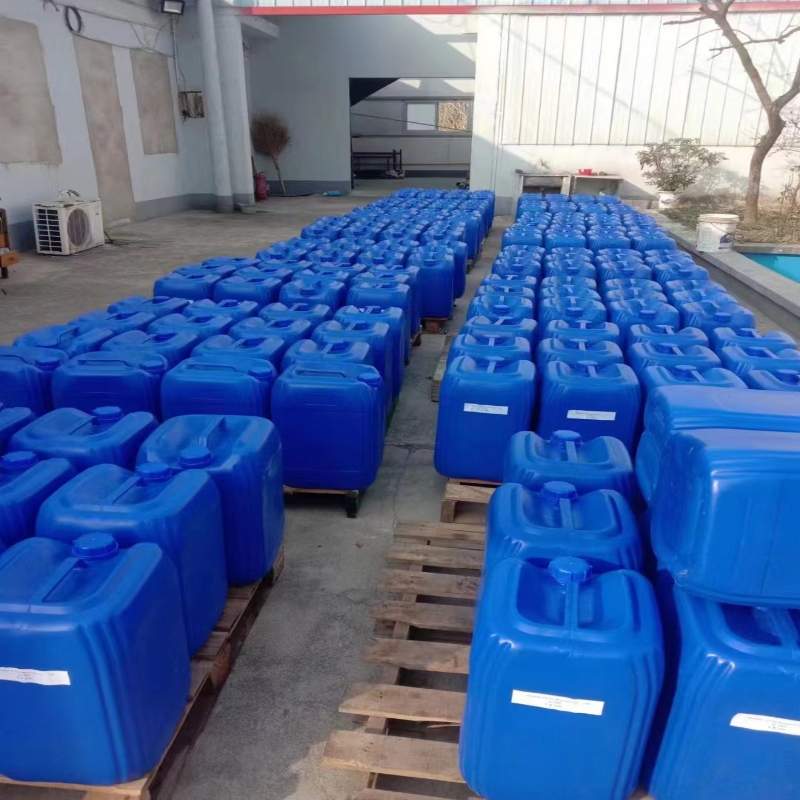-
Categories
-
Pharmaceutical Intermediates
-
Active Pharmaceutical Ingredients
-
Food Additives
- Industrial Coatings
- Agrochemicals
- Dyes and Pigments
- Surfactant
- Flavors and Fragrances
- Chemical Reagents
- Catalyst and Auxiliary
- Natural Products
- Inorganic Chemistry
-
Organic Chemistry
-
Biochemical Engineering
- Analytical Chemistry
-
Cosmetic Ingredient
- Water Treatment Chemical
-
Pharmaceutical Intermediates
Promotion
ECHEMI Mall
Wholesale
Weekly Price
Exhibition
News
-
Trade Service
Oil is an oily liquid mineral produced by nature after hundreds of millions of years, known as the blood of industry, and is one of the most important resources of
the earth today.
Human transportation, buildings, weapons, and even clothing are inseparable from the material of oil, so in the eyes of many countries, oil has a very important strategic significance
.
In fact, humans have been extracting oil for a long time, and oil wells have appeared in the Middle East in the fifth century AD and oil has begun to be used in wars
.
Modern industrial civilization has accelerated the process of human oil extraction, considering the operation mode of oil extraction, many people are very worried, human beings have to extract a large amount of oil from the ground every day, will it lead to the collapse of the earth in the long run?
The answer, of course, is no, and while it must be admitted that human oil extraction is indeed increasing, it will not have much impact on
the planet.
Modern oil extraction mainly uses the way of drilling and extraction, after detecting oil, although the oil well will be excavated, but it will not cause great damage
to the geological structure.
And oil as a flowing oily mineral, in the underground is not gathered in one piece, but is dispersed in the reservoir, that is, in the holes and crevices of the underground rock, even if the oil is withdrawn, the solidity of the rock will not change, so the possibility of the earth collapsing is really very small
.
Seeing here will certainly be questioned, quantitative change causes qualitative change, dripping water can also penetrate the stone, if the amount of oil mined by humans is too much, it is difficult to ensure that the geological structure will not be affected
.
Don't worry, scientists have long thought of this, in order to avoid this phenomenon, people will also inject water into the reservoir through the irrigation of the oil at the same time, filling the gap
left by the oil after it is withdrawn.
In this way, the fluid in the geological layer remains, but the material is replaced by water, which can help the rock share the pressure
.
Although this method of mining is somewhat troublesome, it minimizes the possibility of geological structure being altered and avoids ground subsidence accidents
.
And the Earth is far less fragile
than humans think.
From a geographical point of view, the radius of the earth is about 6371 kilometers, and when humans are engaged in oil extraction, the depth of the oil wells dug by humans is generally very shallow, mostly about
10 kilometers.
Among the oil wells currently dug by humans, the deepest well is Russia's Odoptu OP-11 well, which is only 12345 meters deep, less than 13 kilometers, so it seems that human oil extraction activities have not even broken through
the earth's crust.
Coupled with the inversion of fluid matter, people do not have to worry about oil extraction causing the earth to collapse
.
Of course, it must be admitted that the exploitation of oil activities has brought a certain negative impact on the global environment, and oil is a non-renewable resource, with a little less, so we cannot exploit and utilize the earth uncontrollably because the oil exploitation activities will not cause the earth to collapse, and we must cherish the earth's resources
.







